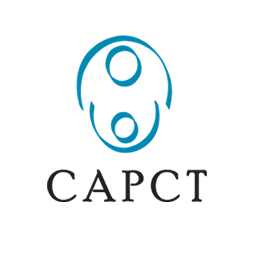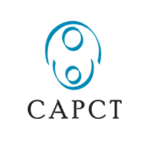Prepared by E Tuters, June 28, 2021
Revised by E.Tuters, November 17. 2021
Revised by David Groll, December 8, 2021
Spending Objects & Policy
Objects
Withdrawals from the CAPCT Endowment Fund will be used by the CAPCT to strengthen the organization generally, and may be used for specific programming as determined by the Board.
Allocations will emphasize ongoing longer-term objectives rather then short-term or ‘one-off’ projects that can be better supported through special fundraising efforts or through expenditures from the Reserve Fund.
The first priority for use of the withdrawals will be to foster and further develop the CAPCT programs. However, the withdrawals may also be used to support recurring operating expenses, as well as to support CAPCT capital infrastructure. It is the prerogative of the Board to determine the appropriate balance, but subject to the encroachment restrictions noted further below.
In the stewardship of this Fund, priority is to be given to long-term capital preservation, by allocating unused income in a given year to the capital of the Fund, and by encouraging additional contributions to the Fund, to support its goal.
Spending Policy
The spending policy of this Fund is to withdraw in each fiscal year an amount up to between 2% and 2.5% of the Fund’s market value at the start of each fiscal year (i.e. July 1), after taking into account the effect of investment fees and costs, and while ensuring that the CAPCT’s resources are used strategically to meet its long-term goals. The amount to be withdrawn, will be determined by the Board following a review of the CAPCT budgetary requirements in consultation with the Board.
Encroachment of Capital
In any fiscal year, if the Fund’s total return (from income plus capital appreciation) is insufficient to meet the above objective, capital may be encroached at the Board’s initiative, providing the encroachment of the capital does not exceed 3% of the market value of the fund determined at the beginning of that year. Furthermore, any proposal to encroach beyond 3% of the year’s beginning market value must be submitted to CAPCT membership (replace with board of directors?) for their approval as per CAPCT By-Laws.
Spending Allocation Deadline
Spending for the subsequent fiscal year (starting July 1) will be determined by the CAPCT’s Board of Directors (The “Board”) no later than October 31st of the prior fiscal year.
Excess Earnings
If the Fund’s returns in any fiscal year are in excess of planned spending allocations and fund expenses, the Board will allocate that excess with priority given to retaining it as added capital, but may also transfer a portion to the CAPCT’s Reserve Fund, and may also allocate a portion to the Special Parent-Infant Project.
In 2021 onwards the Special Parent-Infant Project that the Board undertook which supports the teaching of the Infant-Parent Psychotherapy Model (IPP) developed by two CAPCT members Elizabeth Tuters and Sally Doulis for trained psychoanalytic therapists, as well as other mental health professionals. This Reserve Fund supports the continuation of this model for the future years in terms of the following – supervising/consulting IPP therapists; teaching trainers; providing ongoing professional education in this area of early therapeutic intervention, consultation to other organizations about this model of early intervention; additional Special Seminars to further education in this specialist area.
Spending Decision Record
The Board will record in its minutes all decisions regarding the appropriation of funds for expenditure, describing therein the amounts allocated and the reasons for that allocation.
Review of this Policy
The CAPCT Board of Directors will review the spending objectives annually, taking into account current inflation rates, recent market performance, and past spending allocations, and will present their recommendations to the Board if a change is required to this policy.

